V.K. Ahluwalia | M. Ahluwalia | Category: ChemistryBook Details
ISBN: 9789386677280
YOP: 2018
Pages: 462
Order also on
Biochemistry deals with the study of the molecular basis of life. Some of the outstanding achievements of biochemistry include elucidation of genetic code and unravelling the central metabolic pathways. It has made it easy to design drugs. Biochemistry is helpful in understanding the molecular mechanisms of diseases.
The book entitled “Biochemistry” is divided into five parts.
Part-I deals with an introduction to biochemistry (Chapter 1) and the essentials of life processes (Chapter 2). Part-II deals with basic molecules of life. This includes carbohydrates (Chapter 3), lipids (Chapter 4), amino acids, peptides and proteins (Chapter 5), nucleic acids (Chapter 6) Enzymes (Chapter 7) and Vitamins (Chapter 8). Physiological Biochemistry forms the subject matter of Part-III. It includes Plasma proteins (Chapter 9), Haemoglobin (Chapter 10), Porphyrins (Chapter 11), Digestion and absorption (Chapter 12) and Biological oxidation (Chapter 13). Discussion about metabolism forms the subject matter of Part-IV of the book. It includes an introduction to metabolism (Chapter 14), metabolism of carbohydrates, lipids, amino acids, nucleotides and minerals (Chapter 15 and 19). Integration of metabolism is discussed in Chapter 20. Part-V of the book includes a discussion on Hormones (Chapter 21), Organ Function Tests (Chapter 22) and
Nutrition (Chapter 23).
All chapters are followed by a number of exercises including multiple-choice questions fill in the blanks and short answer questions. It is hoped that the present book will meet the requirements of all students studying Biochemistry at different levels including medical
students
Part I: Introduction to Biochemistry1. Introduction
2. The Essentials of Life Process: Water, Blood and the Cell
Part II: Basic Molecules of Life
3. Carbohydrates
4. Lipids
5. Amino Acids, Peptides and Proteins
6. Nucleic acids
7. Enzymes
8. Vitamins
Part III: Physiological Biochemistry
9. Plasma Proteins
10. Haemoglobin
11. Porphyrins
12. Digestion and Absorption
13. Biological Oxidation
Part IV: Metabolism
14. Metabolism – Introduction
15. Metabolism of Carbohydrates
16. Metabolism of Lipids
17. Metabolism of Amino Acids
18. Metabolism of Nucleotides
19. Metabolism of Minerals
20. Integration of Metabolism
Part V: Clinical Biochemistry
21. Hormones
22. Organ Function Tests
23. Nutrition
Index
Biochemistry deals with the study of the molecular basis of life. Some of the outstanding achievements of biochemistry include elucidation of genetic code and unravelling the central metabolic pathways. It has made it easy to design drugs. Biochemistry is helpful in understanding the molecular mechanisms of diseases.
The book entitled “Biochemistry” is divided into five parts.
Part-I deals with an introduction to biochemistry (Chapter 1) and the essentials of life processes (Chapter 2). Part-II deals with basic molecules of life. This includes carbohydrates (Chapter 3), lipids (Chapter 4), amino acids, peptides and proteins (Chapter 5), nucleic acids (Chapter 6) Enzymes (Chapter 7) and Vitamins (Chapter 8). Physiological Biochemistry forms the subject matter of Part-III. It includes Plasma proteins (Chapter 9), Haemoglobin (Chapter 10), Porphyrins (Chapter 11), Digestion and absorption (Chapter 12) and Biological oxidation (Chapter 13). Discussion about metabolism forms the subject matter of Part-IV of the book. It includes an introduction to metabolism (Chapter 14), metabolism of carbohydrates, lipids, amino acids, nucleotides and minerals (Chapter 15 and 19). Integration of metabolism is discussed in Chapter 20. Part-V of the book includes a discussion on Hormones (Chapter 21), Organ Function Tests (Chapter 22) and
Nutrition (Chapter 23).
All chapters are followed by a number of exercises including multiple-choice questions fill in the blanks and short answer questions. It is hoped that the present book will meet the requirements of all students studying Biochemistry at different levels including medical
students
Part I: Introduction to Biochemistry1. Introduction
2. The Essentials of Life Process: Water, Blood and the Cell
Part II: Basic Molecules of Life
3. Carbohydrates
4. Lipids
5. Amino Acids, Peptides and Proteins
6. Nucleic acids
7. Enzymes
8. Vitamins
Part III: Physiological Biochemistry
9. Plasma Proteins
10. Haemoglobin
11. Porphyrins
12. Digestion and Absorption
13. Biological Oxidation
Part IV: Metabolism
14. Metabolism – Introduction
15. Metabolism of Carbohydrates
16. Metabolism of Lipids
17. Metabolism of Amino Acids
18. Metabolism of Nucleotides
19. Metabolism of Minerals
20. Integration of Metabolism
Part V: Clinical Biochemistry
21. Hormones
22. Organ Function Tests
23. Nutrition
Index
| Weight | 0.88 kg |
|---|---|
| Dimensions | 23 × 17.7 × 2.5 cm |
| yop |
2018 |
| subject-category |
Chemistry |
| isbn |
9789386677280 |

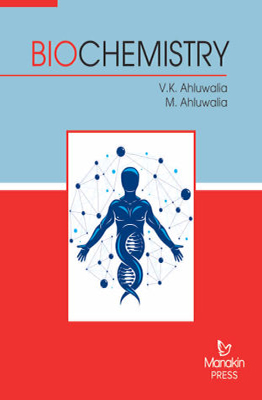


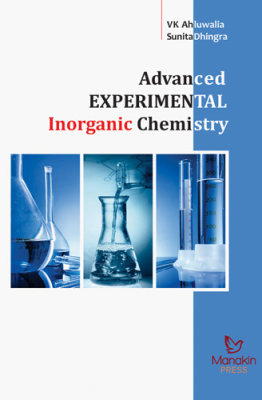
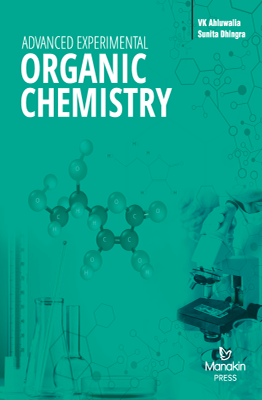
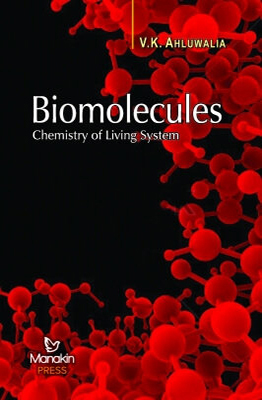
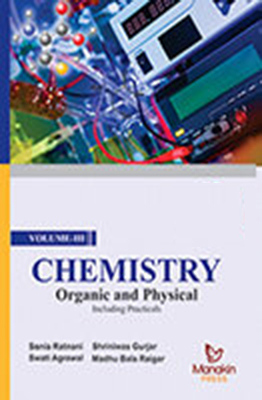
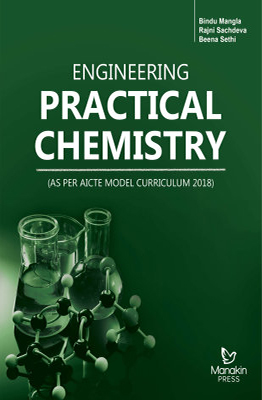
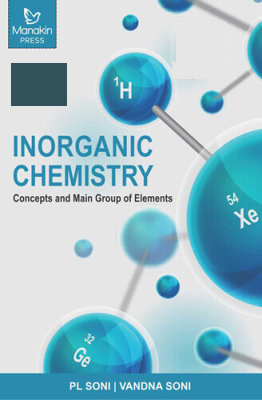
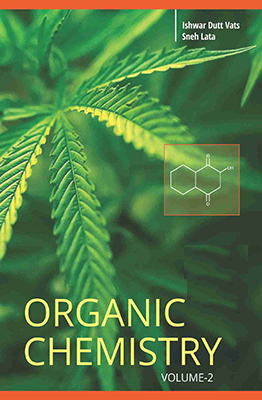
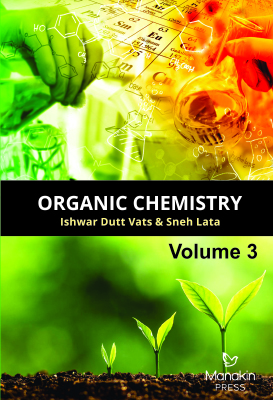
Reviews
There are no reviews yet.